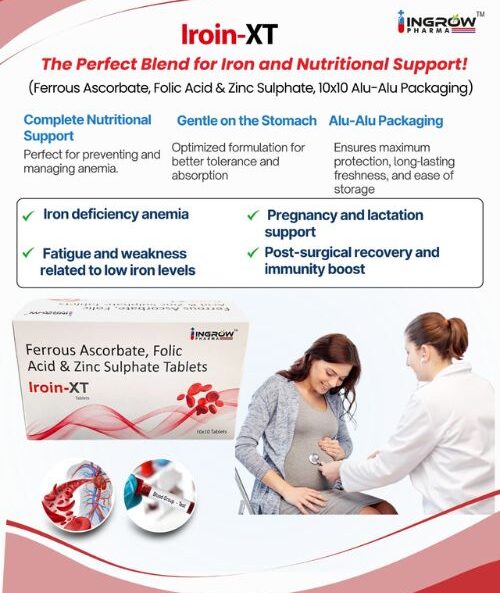- admin
- August 31, 2023
- Uncategorized
- 0 Comments

What is Quality Assurance?
Quality assurance in pharmaceuticals refers to a comprehensive system designed to ensure
that every product released to the market meets established quality standards. This involves
rigorous checks at every stage of manufacturing, from raw material selection to production,
packaging, and distribution. QA systems are built to prevent errors, defects, and
inconsistencies, guaranteeing that the final product is safe and e ective for consumers.
Why is Quality Assurance Critical in Pharmaceuticals?
1. Patient SafetyMedicines are meant to cure, prevent, or manage health conditions. Any compromise in
their quality can lead to adverse e ects, ine ective treatment, or severe health risks. QA
ensures that every batch of medicine meets the required safety parameters, protecting
patients from harm.
2. Regulatory Compliance
Pharmaceutical companies must comply with strict regulations set by governing bodies
like the FDA, WHO, or local drug authorities. Adherence to these regulations through QA
systems ensures smooth market entry and avoids legal complications.
3. Building Trust
Trust is the backbone of the pharmaceutical industry. Patients, healthcare providers, and
distributors rely on manufacturers to deliver quality products consistently. QA helps
build and sustain this trust by maintaining high-quality standards.
4. Cost E ciency
Identifying and correcting errors during production is expensive and time-consuming.
QA systems minimize errors, reduce waste, and ensure e cient manufacturing processes,
ultimately saving costs for the company.
5. Global Market Competitiveness
As the pharmaceutical market becomes more globalized, companies must meet
international quality standards to compete. QA ensures compliance with global
certifications like WHO-GMP, ISO, and GLP, enhancing the company’s reputation and
market reach.
Key Components of Quality Assurance
1. Raw Material Quality
Quality assurance begins with sourcing raw materials. Ensuring that ingredients meet
specified standards prevents issues during production and ensures product e cacy.
2. Process Validation
Manufacturing processes must be validated to confirm that they consistently produce
high-quality products. QA teams monitor each step to ensure adherence to established
protocols.
3. Documentation
Proper documentation is critical for transparency and traceability. QA systems maintain
detailed records of production processes, quality checks, and compliance certifications.
4. Quality Control (QC)
QA and QC work hand-in-hand. While QA focuses on processes, QC involves testing the
final products to ensure they meet quality specifications.
5. Training and Education
QA systems include regular training for employees to ensure they understand and
adhere to quality standards. A well-trained workforce is vital for maintaining product
consistency.
How Ingrow Pharma Upholds Quality Standards
At Ingrow Pharma, quality assurance is more than a process—it’s a commitment. We adhere
to stringent QA protocols to deliver products that meet and exceed industry standards. From
sourcing high-grade raw materials to employing state-of-the-art manufacturing facilities,
every step reflects our dedication to excellence.
Certifications: WHO-GMP, ISO, and DCGI-certified processes for unparalleled quality.
Technology: Advanced quality testing equipment ensures precision and accuracy.
Innovation: A dedicated R&D team constantly innovates to enhance product safety and
e cacy
Conclusion
Quality assurance in pharmaceuticals is vital for safeguarding public health, maintaining
trust, and achieving long-term success. At Ingrow Pharma, we prioritize quality at every level,
ensuring that our products are not only e ective but also safe and reliable. With a strong
focus on QA, we are setting benchmarks in the industry, delivering healthcare solutions that
make a di erence in people’s lives.
If you are looking for a pharmaceutical partner committed to excellence, Ingrow Pharma is
here to provide unmatched quality and support.



